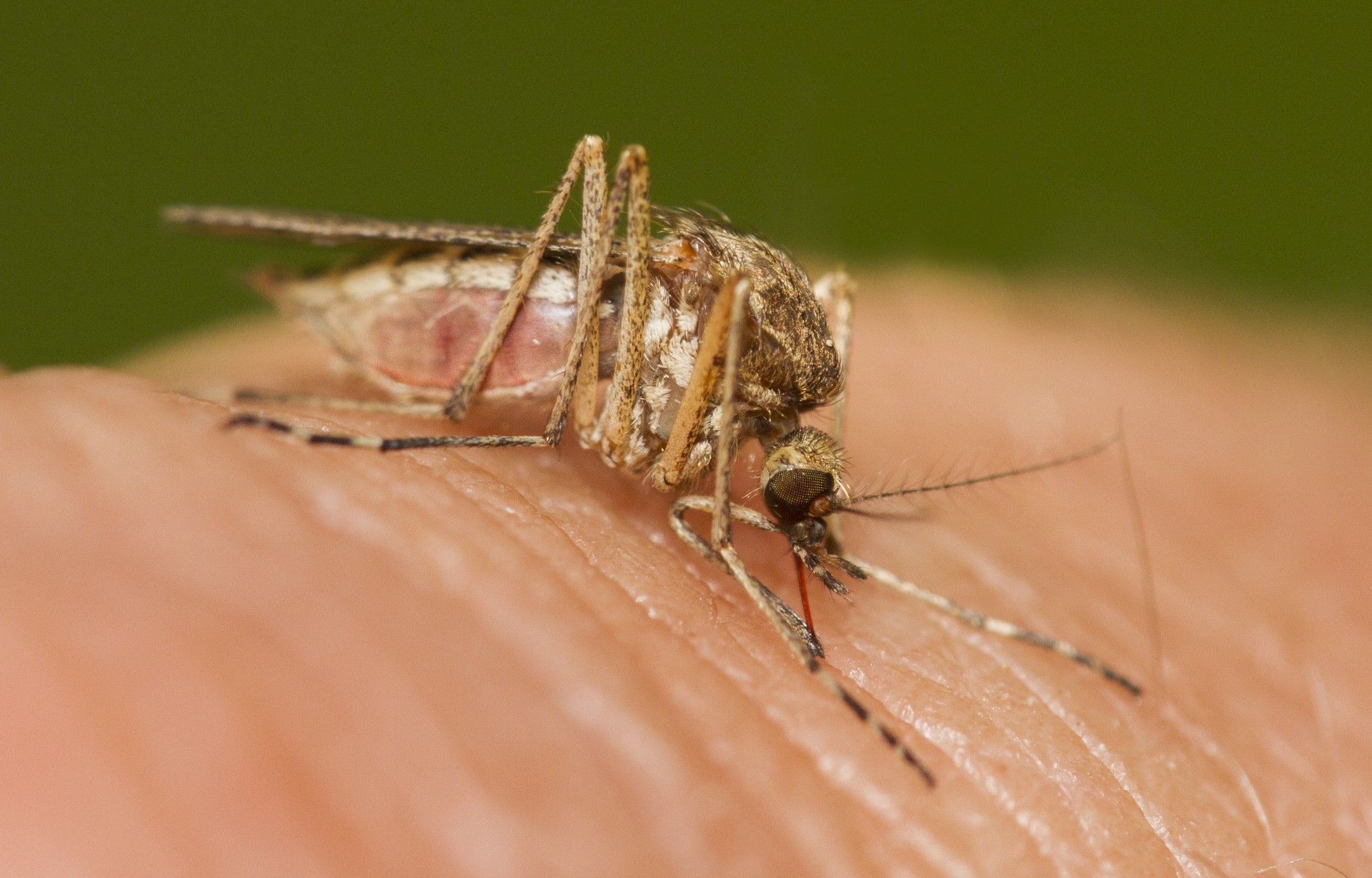
ZIKA: What You Need to Know
BY DR. MICHAEL SCHUTZ
Q: “I have to travel for business to an area that’s had several cases of the Zika virus. How dangerous is it and what can I do to protect myself?”
—James K., via the web
A: Zika is a virus that is transmitted by blood or bodily fluids exposure. The usual route of transmission is from a mosquito bite. The mosquito bites an infected person and becomes infected, then the mosquito bites the next person and that person is exposed to the virus. The route of transmission is similar to Malaria or West Nile virus. The virus can also be transmitted via sexual relations or from mother to child.
The transmission of the virus from mother to an unborn child is the biggest risk of Zika virus infection. This results in neurologic problems for the child including microcephaly (or an abnormally small head) and other severe developmental neurologic problems. It is not known if this neurological damage occurs if the mother becomes infected during pregnancy or before, or how long the infection has to be present before damage occurs. Adults can be affected with Guillain Barre syndrome which affects the peripheral nerves.
The most important way to prevent infection is to prevent the mosquito bite. This involves a number of steps.
1) Apply insect repellant on exposed skin when going outside. EPA registered insect repellant products are the most effective. Some products are not suitable based on age. Check the label. If using sunscreen and insect repellant together, put on the sunscreen first.
2) Wear long sleeved shirts and pants to reduce the exposed skin area. You can treat the clothes with permethrin according to product directions.
3) Use screens or air conditioning to keep mosquitos outside and mosquito netting if sleeping outdoors.
4) Reduce or eliminate standing water to reduce mosquito populations. This should be done weekly. The water can be found in old tires, buckets, flower pots, toys, or any object that can hold even the smallest amount of water.
5) Pregnant women or women who are thinking about becoming pregnant should avoid travel to areas where Zika is found. If in doubt, discuss this with your physician. Blood tests can tell if you have been exposed to the virus.
6) Miami Dade county in Florida and Puerto Rico have had documented Zika transmission by mosquito. If you or your partner are planning a pregnancy, contact her physician to discuss prevention.
Sexual contact can also spread the disease. Safe sexual practices including use of condoms can reduce the risk, especially if you are thinking about becoming pregnant in the future. Testing for infection is very important to better assess the risk of infection in pregnancy and to identify risk.
There is no treatment for Zika and prevention is the key. If you have any questions, contact your health care provider for more information.
Adapted from the CDC Guidelines
Dr. Michael Schutz is a urologist practicing at the Jersey Urology Group in Somers Point, NJ.

